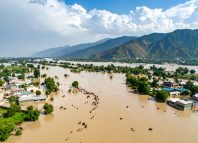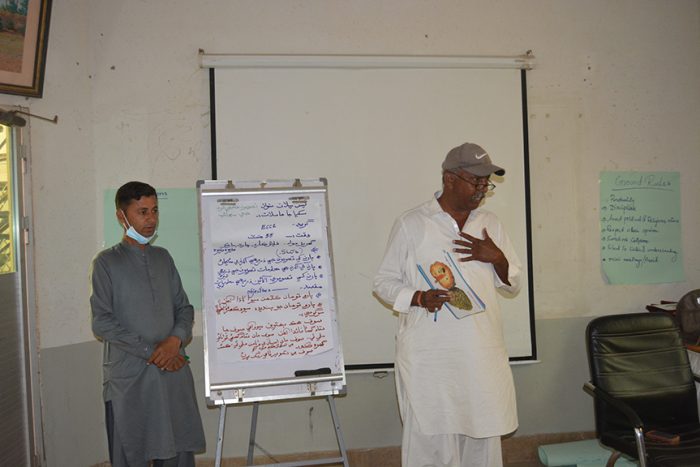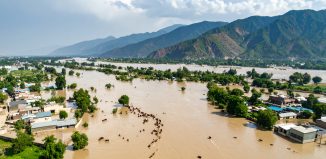Creating nurturing and safe learning environment for children in rural Sindh
Fifty year old Pehlaj works as a primary school teacher at a government school in Umerkot district of Pakistan. His co-education school is located in a remote part of Umerkot, with a student count of 262, and a total of five teachers.
As part of a training programⁱ for teachers, Pehlaj participated in three trainings focused on Early Childhood Care and Education (ECCE). The trainings aimed to increase teachers’ capacity on teaching in a pandemic environment, child-centrered and positive learning techniques. “This was a first of its kind experience for me. I became more acquainted with early-grade teaching techniques owing to the training, which also included classroom management, learning corners and class decorations. Additionally, the session on COVID-19 pandemic taught us practical steps to follow in schools to stop the virus from spreading among students and teaching staff,” shared Pehlaj.
Like other participants of the trainings, Pehlaj received an ECCE kit at the end of the training, which included stationary, poster cards, water colours, markers, wall clock, puzzles, play cards, learning cards of English and Urdu Alphabets, colour pencils and chart papers. “The learning kit was a good motivation and helped us make our lessons very interesting. Our students enjoyed learning through practical activities. I came up with a plan to develop identical kits for other classes at the school too.”
As a hobby and passion, Pehlaj also sings songs and performs as a professional dancer at religious activities for which he is paid mostly. Pehlaj turned down payments in the past and only recently has started accepting payment for his performing art services. “I began to accept PKR 5000 as remuneration for each performance at the festivals. I buy first aid kits, educational materials, stationery, and play cards for the students in Grades 1 to 5 with the additional money I make.”
The hygiene kits provided in the trainings focused on education during a pandemic, particularly COVID-19, have been quite useful, conferred Pehlaj. “I encouraged the students to use face masks and hand sanitizers in the classroom and made them wash hands with soap before and after lunch breaks. Additionally, we ensured phenyl was used to disinfect classrooms.” Pehlaj also oriented other students and teachers on COVID-19 SoPs through individual sessions in each classroom of their school.
A hand washing station was also installed in the school under the project. Students were oriented on effective hand-washing to prevent coronavirus.
“Students in remote schools have less resources to pursue a high standard of education and combat pandemics. This assistance was both necessary and timely. Our students are actively participating in their education activities and utilising classroom resources effectively,” concluded Pehlaj.
ⁱ Community World Service Asia & Act for Peace’s Education project







